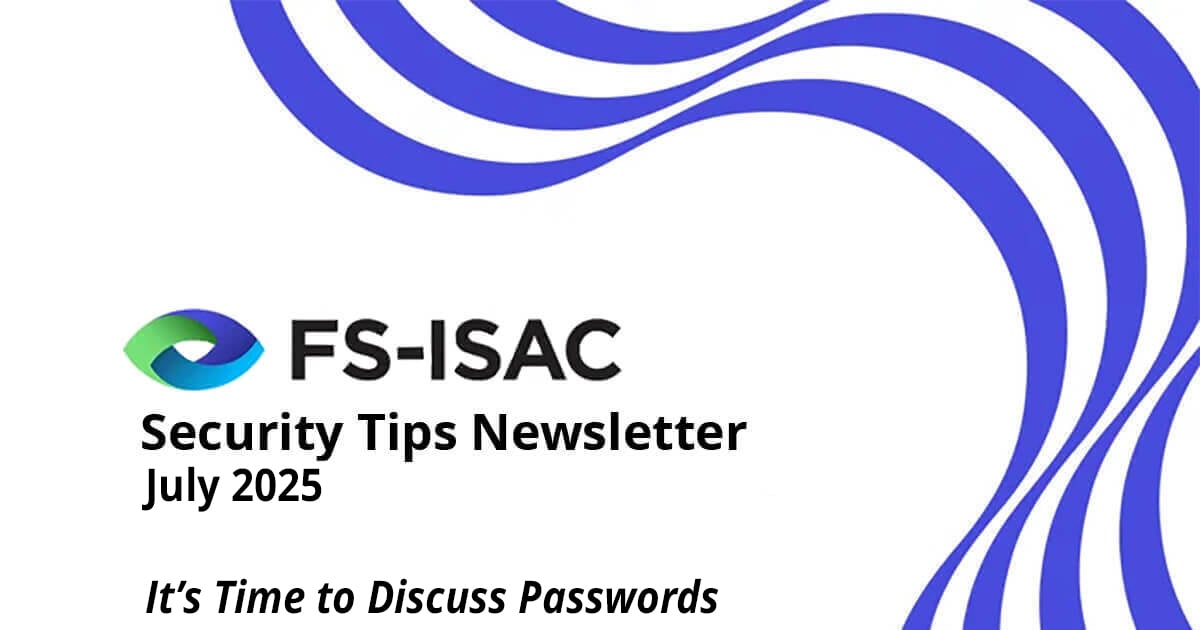
Who owns the security of your information? The answer is that security is everyone’s responsibility – including you and the businesses that secure your email address online or physically. That may be a big group. Think about how often you log into a website using your credentials. Now, think about how often you reuse the same password.
Odds are hackers are thinking about it. Between April 2024 and April 2025, in the US alone, security breaches gave threat actors access to 184 million consumer passwords, according to a recent Yahoo Moneywise article.
The cybercriminals obtained email addresses, passwords, and login links “tied to major platforms like Apple, Google, Facebook, Microsoft, and even government and financial services,” according to the article.
Those credentials can be used to obtain more information about the victims with the goal of accessing their banking accounts.
With so many entities in possession of your credentials, password security is something that you need to manage – but how? By arming yourself with knowledge and make your passwords hard to hack.
Start your security protocol by checking to see if your email address and/or password have been compromised by using this free tool. This tool even tells you which breach is associated with your stolen passwords. Additionally, you can register to be notified when credentials have been compromised.
If you discover you need to change passwords – or want to take better ownership of your security – use these tips.
Speaking of emails, be aware of the techniques scammers commonly use in emails:
Immediately change any passwords you might have revealed. Consider reporting the attack to IC3.gov and the police, then file a report with the Federal Trade Commission.
If you identify suspicious activity involving your financial institution, contact them immediately.
©FS-ISAC, Inc. | All Rights Reserved
Reprinted with permission. The views, information, or opinions expressed in this article are solely those of the author and do not necessarily represent the views of Citizens State Bank and its affiliates, and Citizens State Bank is not responsible for and does not verify the accuracy of any information contained in this article or items hyperlinked within. This is for informational purposes and is no way intended to provide legal advice.